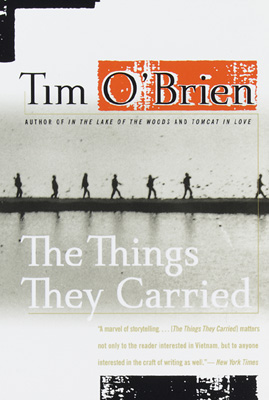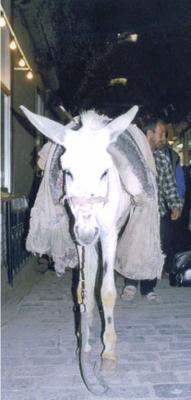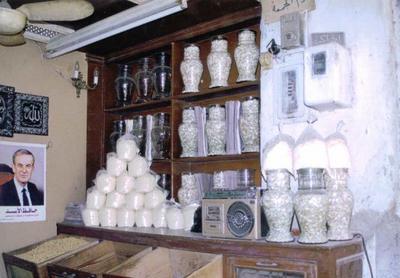I've never been a great believer in the "blood is thicker than water" theory. Just because you share 50 per cent, or 25 per cent, or even less, of a person's genes, there's no reason why you should have anything in common with them, or be able to get along with them.
Yet it is a persistent myth in our society, one that strikes particularly hard at mothers, who are supposed to instantly bond with their child, to feel an overwhelming surge of love and affection. This is the feeling of Eva, after giving birth to Kevin, who turns out to be a school shooting serial killer in We Need to Talk about Kevin:
"I was angry. I was frightened. I was ashamed of myself, but I also felt cheated. ... I thought, if a woman can't rise to an occasion like this, then she can't count on anything; from this point the word was on its ear."
When I learnt that the
Orange Prize-winner was a novel on this subject, I'll admit I wasn't much impressed. This was the subject of the winner of the
2003 Booker,
Vernon God Little and every review I'd read of that made me think: Definitely not for me.
But then I started reading
rave review after
rave review for
Kevin and I thought I'd give it a go. It was a decision I didn't regret.
I don't read many "literary" novels - I find them often too slow and too laboured in their cleverness, but this is very definitely a literary novel: it has a complex epistolary structure, not a linear narrative; it is no mystery - you know from the start how it ends, or at least for most of the book you think you do; and you quickly come to realise that every word, every phrase, every little incident, is there for a reason.
This is a supremely crafted book, but it is also a gripping read, not in my experience a common combination.
And it has a psychological complexity few novels achieve. Nothing ever has a single cause - Eva is, of course, asking herself "why?", but through layers and layers the impossibility of that question becomes evident.
There can be few readers who don't find something of themselves in Eva, and even Kevin. I was taken by the way she describes in her youth blackmailing herself into doing things that frightened her by just taking one small step at a time - ringing the travel agent, making reservations, paying for a ticket - none of these are in themselves momentous steps, and yet once done, you're publicly committed to doing something.
There's the suggestion of course, that Kevin may have worked the same way on the fateful day - a salutory thought when we think about the world today, and perhaps some of the answer to that bigger "how?" we are asking now.
And while there was a ridiculous,
trumped-up debate around the Orange Prize about the allegedly "domestic" nature of women's writing, that charge can't be levelled at Shriver. Kevin is certainly a product of the politics of the American high school system, and the novel is played out against the background of the post-vote Bush-Gore struggle.
If any novel published in the past year deserves to become a classic, to be read in 100 or 200 years for the insights it gives into life then, this is it. And we can only hope that school shootings will by then be a curious artefact of its time, that has to be explained to readers.












